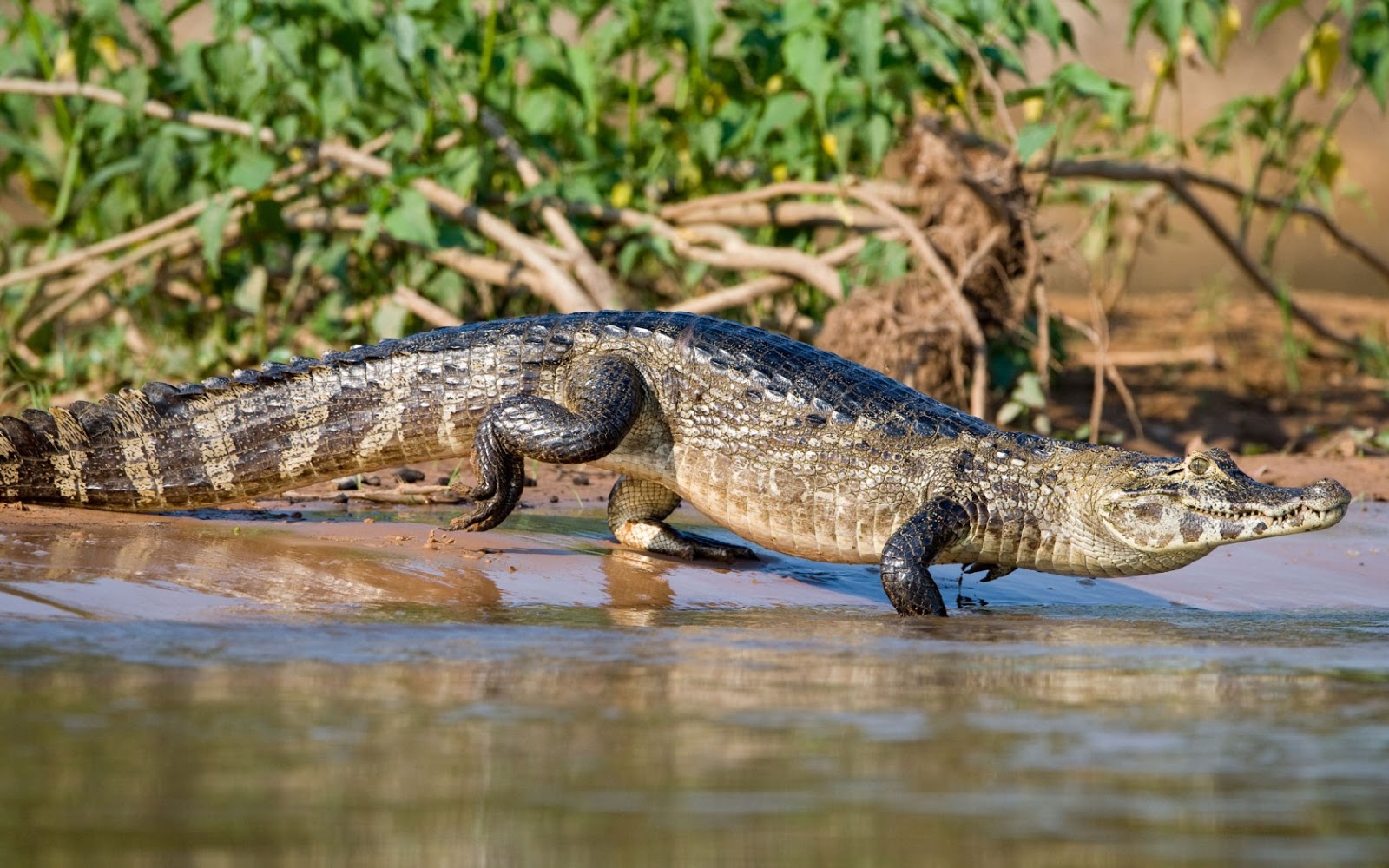Mastering Mealtime: Crafting a Nutrient-Rich Diet for Your Bearded Dragon
Bearded dragons will be fascinating reptiles known for their docile nature and even unique appearance. While popular pets among reptile enthusiasts, it's crucial to recognize their dietary wants to ensure their particular health and health. In this thorough guide, we'll delve into the complexities of a bearded dragon's diet, discussing what foods happen to be essential, what to be able to avoid, as well as how to produce a balanced food plan for these kinds of beloved creatures. Understanding Bearded Dragon Health Needs: Bearded dragons are omnivores, signifying they consume each animal and herb matter. Freptiles should consist involving a variety involving nutrients to assist growth, development, and overall health. Key nutritional components incorporate: Protein: Essential with regard to muscle development in addition to energy, protein resources for bearded dragons include insects such as crickets, mealworms, dubia roaches, and silkworms. Calcium: Crucial for bone health and fitness and preventing metabolic bone disease, calcium can be acquired from calcium-rich veggies like kale, collard greens, and mustard greens, along with by calcium supplements. Vitamins and Minerals: Bearded dragons need a balanced intake of vitamins and minerals, which can easily be obtained coming from a various array of fruits and veggies, including but not limited to corn, bell peppers, strawberries, and blueberries. Advised Foods for Bewhiskered Dragons Insects: Offer a variety of gut-loaded insects to give essential protein. Ensure insects are correctly sized for the dragon's age and sizing. Leafy Greens: Integrate dark, leafy greens into their diet plan, such as kale, dandelion greens, and collard greens. These types of provide vital vitamins like calcium plus vitamins. Vegetables: Offer a mix of vegetables like carrots, squash, bell peppers, and green beans. These add variety and lead to overall nutritionary balance. Fruits: When fruits should be presented in moderation because of the sugar content, occasional treats like strawberries, blueberries, and papayas can provide necessary nutritional supplements. Foods to Avoid Toxic Plant life: Some plants are usually toxic to bearded dragons and should be avoided at almost all costs. These include avocado, rhubarb, and flowers.  Insects with Challenging Shells: Avoid giving bearded dragons bugs with hard covers, as these change to digest and could cause impaction. Choose softer-bodied insects just like mealworms or silkworms. Processed Foods: Steer clear of processed or sugary food items, as these offer little nutritional value and can cause obesity and various other health concerns. Creating a new Balanced Meal Plan: Offer a variety of foods to ensure your bearded dragon gets all necessary vitamins. Dust insects along with calcium powder before feeding to make sure adequate calcium intake. Monitor portion sizes and adjust according to your dragon's age, size, and activity level. Provide fresh water regularly and consider misting vegetables to boost hydration. Proper nourishment is important for the particular health and well-being of bearded dragons. By understanding their very own dietary needs plus offering a well-balanced mix of protein, fresh vegetables, and fruits, a person can help make sure your pet qualified prospects a long and healthy life. Remember to avoid dangerous plants and processed foods, and often check with an animal medical practitioner for those who have any worries with regards to your bearded dragon's diet. With appropriate care and interest, your bearded dragon will thrive in a nutritious plus balanced diet focused on their unique demands.
Insects with Challenging Shells: Avoid giving bearded dragons bugs with hard covers, as these change to digest and could cause impaction. Choose softer-bodied insects just like mealworms or silkworms. Processed Foods: Steer clear of processed or sugary food items, as these offer little nutritional value and can cause obesity and various other health concerns. Creating a new Balanced Meal Plan: Offer a variety of foods to ensure your bearded dragon gets all necessary vitamins. Dust insects along with calcium powder before feeding to make sure adequate calcium intake. Monitor portion sizes and adjust according to your dragon's age, size, and activity level. Provide fresh water regularly and consider misting vegetables to boost hydration. Proper nourishment is important for the particular health and well-being of bearded dragons. By understanding their very own dietary needs plus offering a well-balanced mix of protein, fresh vegetables, and fruits, a person can help make sure your pet qualified prospects a long and healthy life. Remember to avoid dangerous plants and processed foods, and often check with an animal medical practitioner for those who have any worries with regards to your bearded dragon's diet. With appropriate care and interest, your bearded dragon will thrive in a nutritious plus balanced diet focused on their unique demands.